Book Review: 52 Ways to Reconcile by David A. Robertson
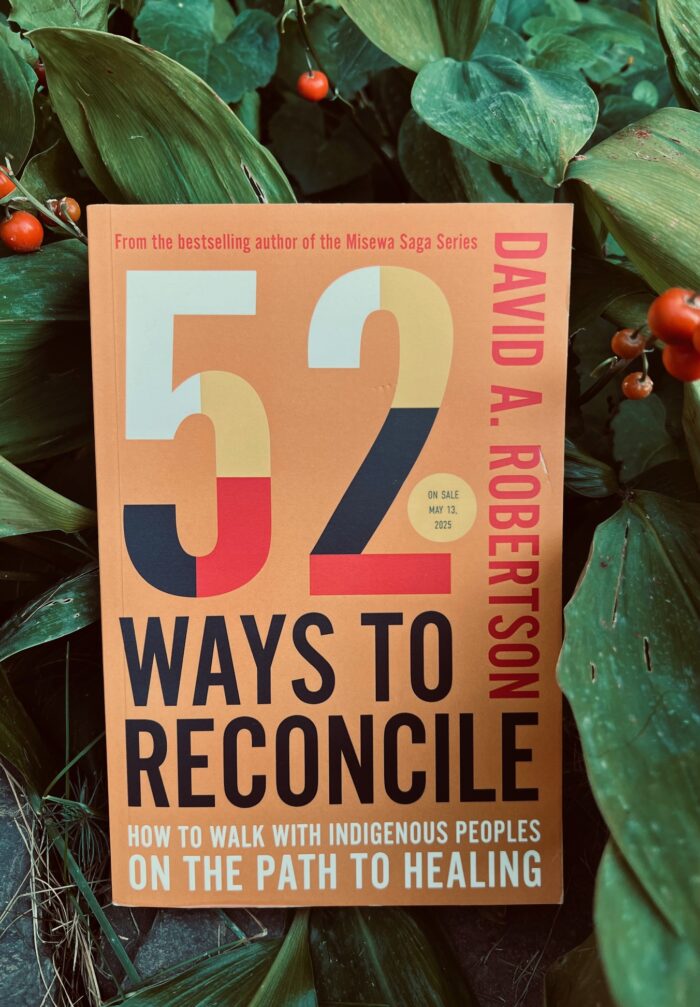
I’m dedicating much of my September reading to Indigenous authors, as September 30 is Truth and Reconciliation Day here in Canada, which I’ve written about extensively on this blog. I’m starting us off with a review of 52 Ways to Reconcile, How to Walk with Indigenous Peoples on their Path to Healing by David A. Robertson. It’s a helpful and accessible manual dedicated to guiding non-Indigenous folks on their journey to building and repairing good relations with Indigenous folks, and as suggested by the title, it’s meant to act as a working guide one can reference on a weekly basis for informative (and often fun!) ways to go about this.
Book Summary
A fairly short and concise read, Robertson offers weekly tasks to engage in to walk the path of reconciliation. Each short chapter is dedicated to one activity, with advice on how to go about participating, why it’s important, or his own personal recommendations. Some of the suggestions include; watch an Indigenous television show, created by, led by, and starring Indigenous people, attend a pow-wow, listen to an Indigenous podcast, make bannock, and support Indigenous tourism. These entertainments are interspersed with more serious and educational tasks, including educating oneself about the “Sixties Scoop”, removing idioms from your vocabulary that stereotypes Indigenous culture, and learning the history of the Potlatch Ceremony. Each chapter is dedicated to one activity, offering an explanation for why it is important to do in the first place, and how people can go about finding resources to help them research it further. One of the most valuable pieces of this book are Robertson’s recommendations, especially for those of us who live in Canada, as this is where the majority of his suggestions reside.
My Thoughts
It’s important to note the intended audience of this book; Robertson is clearly speaking to non-indigenous people, and in reality he is addressing only those are open to the idea of reconciliation in the first place. Sadly, the people who should really be reading this book are the ones who never will (residential school deniers, for example.). But even though I consider myself fairly well-educated about these issues , I still learned a lot reading this. For instance, the author lists a few sayings that are widely used today, but most Indigenous people find offensive, like “let’s have a powwow” when referring to a meeting. I know some people may roll their eyes at this, what’s the harm really? But what’s stopping you from simply using a different term instead? When we know better, we do better, and Robertson gently passes along this advice is a non-judgmental way, always acknowledging that it’s ok to make mistakes, as long as we move forward with good intentions.
In the chapter dedicated to attending a powwow, he advises the reader in basic protocol, and encourages us to take a chance and do something we may find uncomfortable:
“If you’ve been hesitant to go because you’re worried you might say or do the wrong thing, don’t overthink it. I cannot repeat this enough: it’s ok to make mistakes-just be open to being corrected.
Nobody’s going to yell at you.
Promise” (p.145 of 52 Ways to Reconcile by David A. Robertson, ARC edition).
He touches on a point in the above quote that I think is the stumbling block for so many adults when it comes to changing our view of things; accepting revision. Adults aren’t used to be corrected, and although some of us may respond better than others we rarely face a scolding as we age. We’re used to making mistakes and then being corrected as kids, yet this muscle loses its strength over the years, and it’s difficult for us to not get defensive if someone is saying we are doing something wrong, or should do something differently. Robertson is clearly aware of this fact and makes an effort to bring us along on a journey, rather than push us on one.
What I like most about this book is how concrete it is; here’s some simple, straightforward steps everyone can take towards reconciliation. September 30th is a nationally-recognized day here in Canada, and many people are given it off work. What if we all took a few of these 52 activities and made a point to complete them by the next Truth and Reconciliation Day? We don’t need to do all of them, but this is definitely a worthwhile book to keep on your shelf and reference regularly, regardless of whether you’re just beginning, or further along your journey of reconciliation.

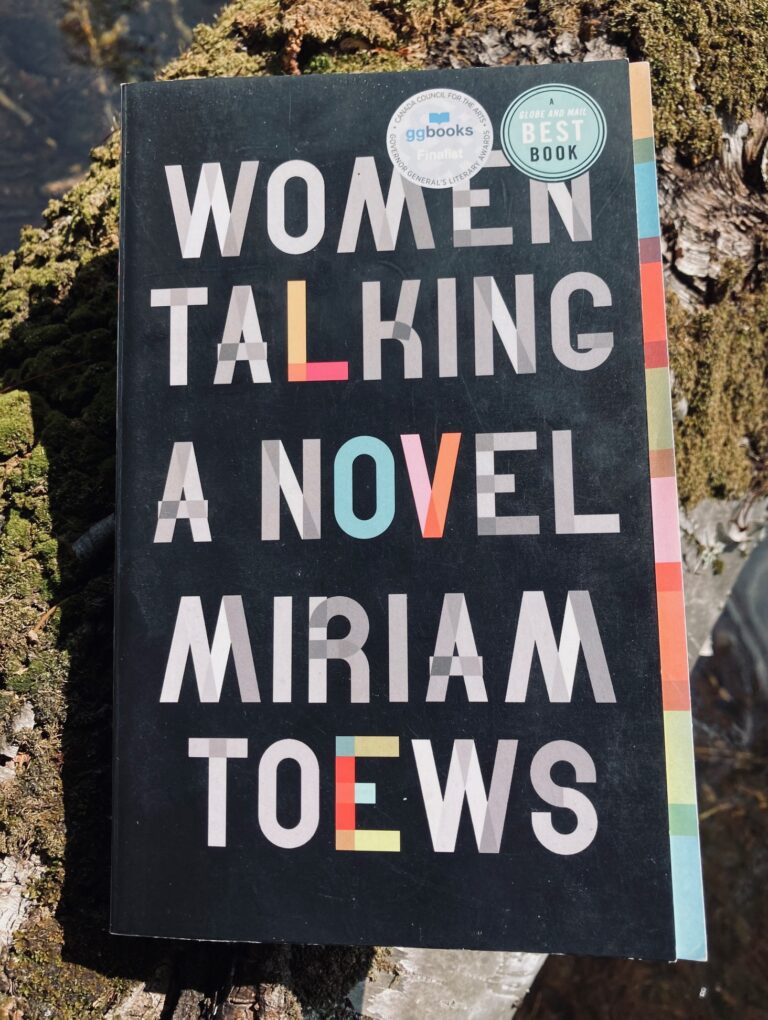
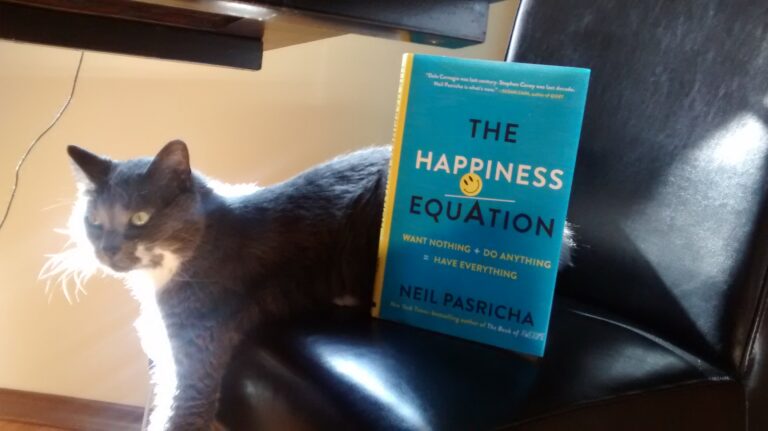
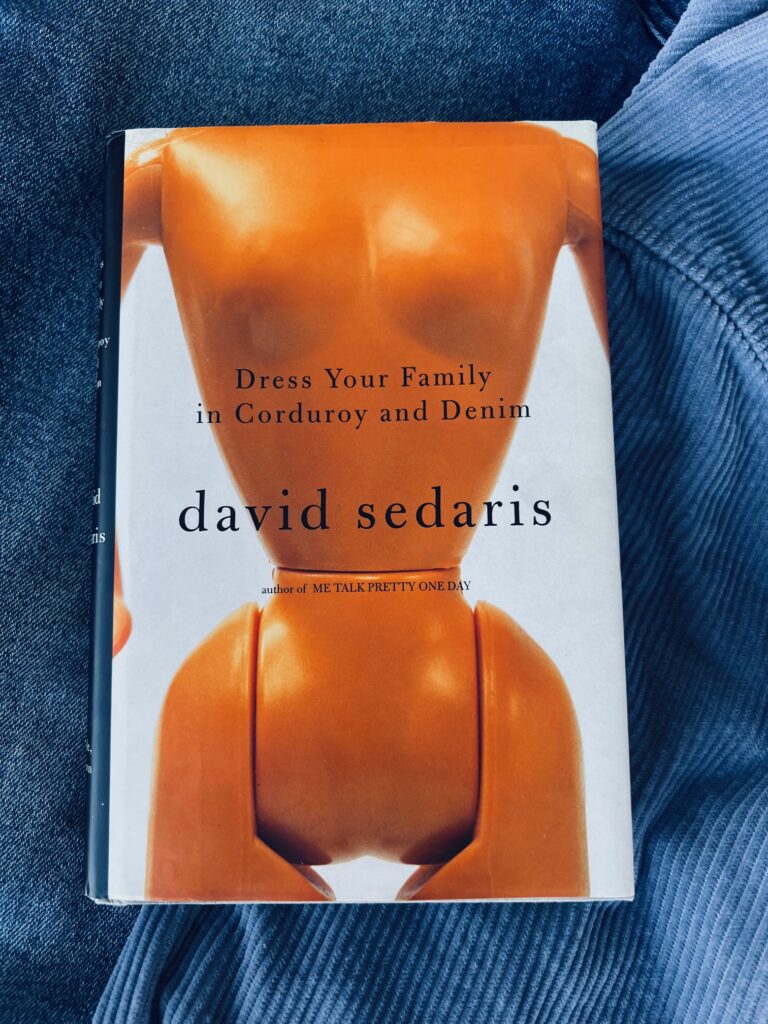
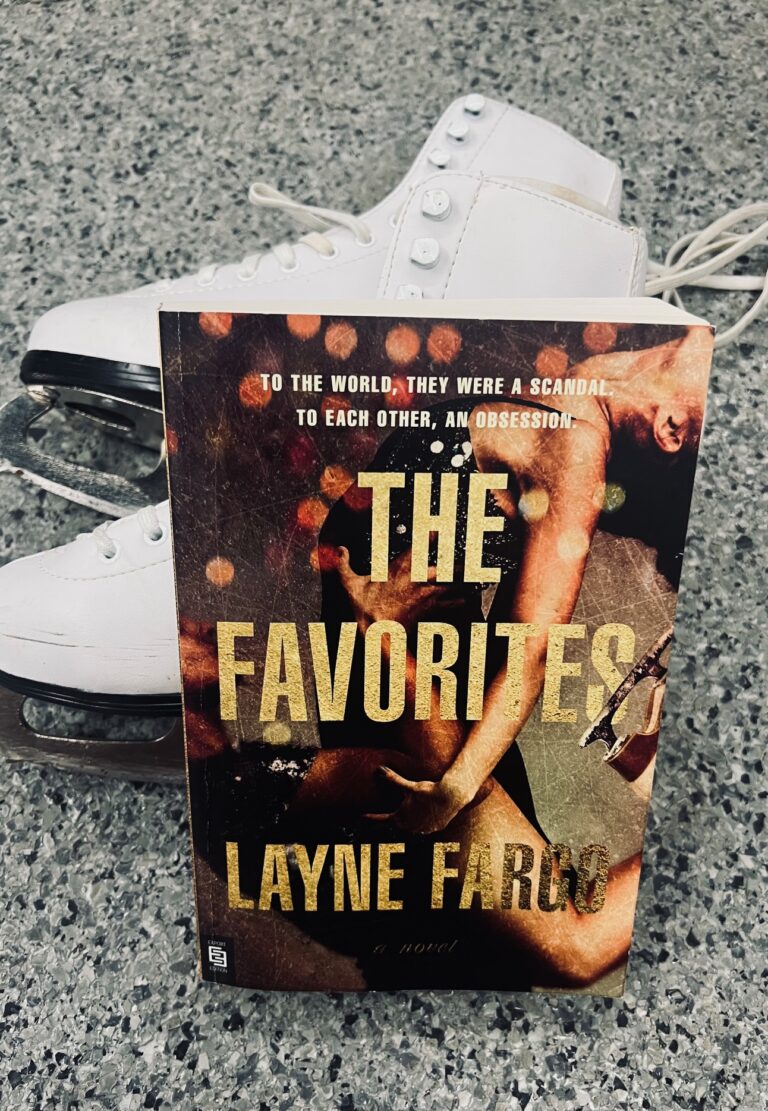

Might I recommend you watch Blood Quantum, which is free to watch on Tubi? The synopsis is: The dead are coming back to life and almost all of Earth’s population are decimated due to a zombie virus, except for the isolated Mi’kmaq reserve of Red Crow, whose indigenous inhabitants who are strangely immune to the zombie plague.
I mean, why not? We’re also headed into spooky season!
I just watched the trailer and it looks scary! Also, what is Tubi? LOL
This sounds like an amazing and necessary book!
it’s just what we need right now actually, very well-timed.
i think he accomplishes his goal here, offering some very simple ideas alongside some more challenging ones. And I love the size of this book, so easy to slip into a bookbag or oversized pocket. It would make a nice idea to make notes in the book each year, to show your progress! (LIke people make notes in cookbooks or on recipes, depending if you cook from paper or screen, to get closer to a good dish. Reminding us that everything is a process, we just have to keep working on it, keep practicing.)
the small size of it makes it less daunting I think. Hopefully it helps improve sales too!